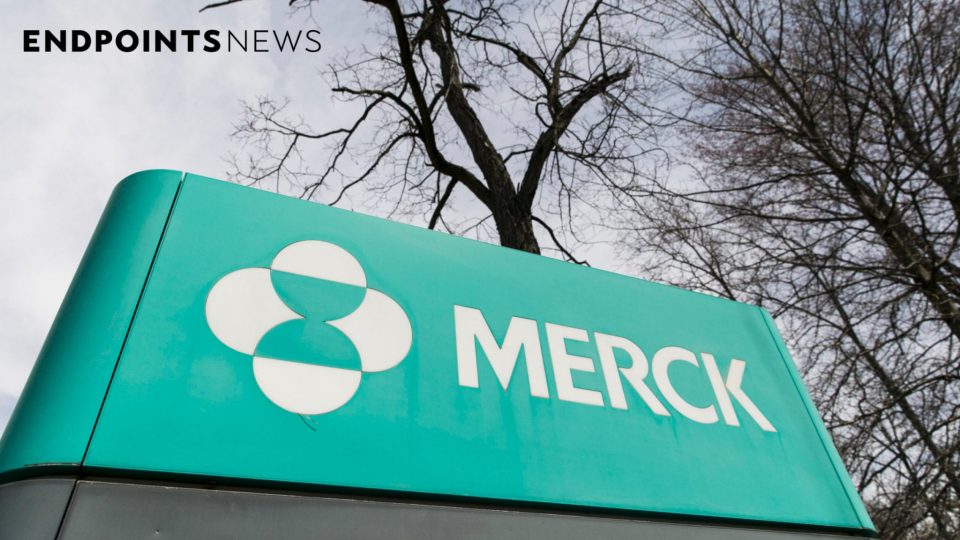Four years after Sanofi left them as a popular bladder cancer drug’s only producer, Merck is investing in a new facility that could help ameliorate the widespread shortages that patients, doctors and manufacturers have faced for nearly a decade.
Merck said they will build a new plant at their Durham, NC vaccine manufacturing center to produce BCG, an immunotherapy that has been used for decades to treat bladder cancer. The facility won’t be an immediate solution — Merck said it will take 5 to 6 years to construct and even then, the batches will only grow gradually — but the company, one of the world’s largest producers of vaccines, said it will eventually triple their current production and meet demand.
 Julie Gerberding
Julie Gerberding“As demand for this medicine has increased over the last several years, we recognized the need to do more,” Julie Gerberding, EVP and chief patient officer, said in a statement. “While this new facility will take a number of years to complete, we look forward to the day when we can meet the needs of all patients whose physicians have prescribed TICE BCG for them.”
Originally developed as an inoculant for a deadly infectious disease and used since the 1970s to treat bladder cancer, the vaccine is comprised solely of an attenuated strain of tuberculosis-causing bacteria. But that strain can be difficult to manufacture and shortages began in 2011 after an FDA inspection found 58 instances of mold at a Sanofi plant in Toronto after a flood. The French giant pulled out in 2016, just as Merck encountered some of its own manufacturing issues. Doctors found themselves rationing supply of a drug that, in patients who have a particular but common form of the cancer, can have response rates above 70%.
Because of how difficult it is to manufacture and because doses sell for only $100 to $200, BCG didn’t represent a significant commercial opportunity and no other company stepped up to fill the shortage. It’s a problem that has played out with other generics, leading to either shortages or inflated prices.
 Ken Frazier
Ken Frazier“When the prices of drugs get too low — particularly drugs that are generic drugs — then you don’t have a market incentive to put the capital up to build facilities like we need for additional amounts of this BCG drug,” CEO Ken Frazier told CNBC last year.
Although some oncologists have pushed Merck to produce more of the drug, others noted that BCG is not a significant profit generator for them and said they had already done considerable work, including by doubling production of the product prior to this week’s news. In addition to prescription use, Merck also makes BCG for clinical trials. This year that included trials for Covid-19, as researchers tested the theory that it could boost innate immunity to a new virus.


